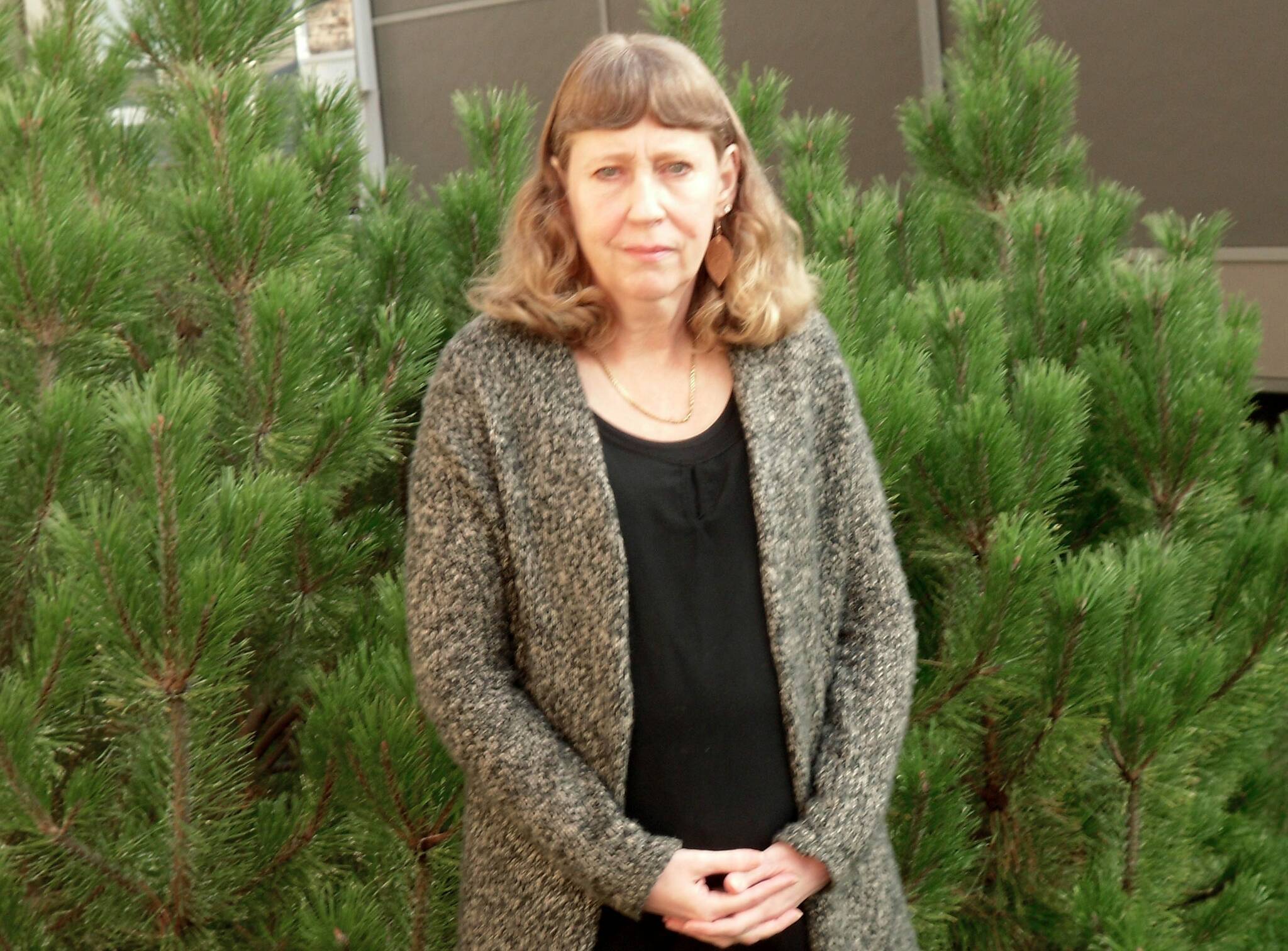Manitoba woman with incurable mental illness upset medically assisted death not an option

After medication and treatment for mental illness — which kept Cathy Van Buskirk going for 20 years — stopped working five years ago, she had one thing to live for: knowing that soon she could receive a medically assisted death with family at her side.
On Thursday, news that the federal government won’t allow MAID to be available for people with mental illness until at least 2027 came as a blow.
“That’s just unreal,” said the 56-year-old Brandon woman for whom life has become unbearable. “It’s very hard.”
Now, she’s considering suicide.
“I’m already thinking about what I’m going to do,” she said in an interview.
Van Buskirk has tried suicide three times, with prescription drugs and alcohol, and ended up in hospital twice and in the intensive care unit once. It was brutal for her and her family, she said.
“I didn’t want to do that to them again. I wanted to die with them peacefully, and not scared and alone.”
SUPPLIED PHOTO Cathy Van Buskirk thought she would soon have a choice to end her life with dignity and serenity. The federal government won’t allow MAID to be available for people with mental illness until at least 2027.
She thought with medical assistance in dying she, like other Canadians whose suffering is incurable, would soon have a choice to end her life with dignity and serenity.
“Why can’t I have that option?”
When she was in her late 20s, Van Buskirk was diagnosed with body dysmorphic disorder, a type of obsessive-compulsive disorder that includes major depression and anxiety. After much suffering, she sought help and treatment was successful.
She was able to return to her job — which she loved — at a personal care home and lead a normal life. At times, when the medication stopped working, her doctor prescribed different ones. They were always able to find something that worked, so she could go back to work and enjoy life again.
After 20 years, the medications stopped working. She could no longer work or do the things that gave her pleasure: gardening, travelling, reading and visiting with friends and family. They tried every available medication and combination and treatment, Van Buskirk said.
She had 12 shock therapies, 12 ketamine infusions, cognitive behaviour therapy, exposure therapy, light therapy and a week in a psychiatric ward. Nothing worked. She said her physician and psychiatrist both support her request for medical assistance in dying. The federal government was expected to pass the law March 17, but the date has been rolled back to 2027 after several provinces expressed concern about it.
While other Canadians with incurable physical pain and suffering can access MAID, Van Buskirk cannot for a mental disorder.
“It upsets me because it’s not classified under a physical ailment, even though my brain is a part of my anatomy and my brain is sick,” she said. “My brain doesn’t make serotonin. It’s lost the ability to make the chemical to make me happy.”
Van Buskirk compared her constant pain to that of losing a loved one, except the pain never diminishes.
“I feel that profound loss every day.” She’s still taking medications and treatment but neither helps, she said.
Van Buskirk has written letters to government officials, including the provincial health minister, advocating for access to medical assistance in dying.
On Thursday, Manitoba Health Minister Uzoma Asagwara was not made available for an interview. Instead, the minister’s press secretary issued a statement supporting the federal government’s decision to delay extending MAID to people with mental disorders.
“The three-year delay will provide more time to work with our community partners and the federal government to pursue further consultation, while ensuring there are appropriate clinical standards and safeguards to protect those living with mental illness,” it said.
“My illness is just as difficult and debilitating as a physical one”–Cathy Van Buskirk
Van Buskirk’s blog post on Dying with Dignity Canada’s website aims to raise awareness about the level of suffering caused by mental illness.
“When people like me become resistant to treatment, and the medications no longer work, we deserve the same end-of-life options as those who suffer from physical conditions,” she wrote.
She has also written to the College of Physicians and Surgeons of Manitoba, which has asked for public feedback on the extension of MAID.
“I know that there is a lot of opposition towards MAID for mental health and it is not suitable for everyone, but after careful screening it should be available,” her submission said. “My illness is just as difficult and debilitating as a physical one.”
The college said it was adapting its safeguards and standard of practice for MAID to include those whose death is not reasonably foreseeable — including patients such as Van Buskirk for whom a mental disorder is the sole underlying medical condition. On Thursday, the federal government announced those with mental disorders seeking MAID won’t be able to access it until the federal government completes a review in 2027.
When asked if Manitoba’s licensing body supports the delay, registrar Dr. Anna Ziomek said the college abides by legislation and that “being prepared means ensuring protections are in place to keep vulnerable people safe.”
Ziomek, who was not available for an interview Thursday, said in an email that the college “cannot support diluting the ethical and legal obligations of any of its registrants with respect to access to MAID, nor can it require overly onerous additional criteria or safeguards that make MAID inaccessible to patients who are legally entitled.”
She said the college encourages Manitobans to submit their feedback on the MAID extension by Feb. 11.
Carol Sanders
Legislature reporter
After 20 years of reporting on the growing diversity of people calling Manitoba home, Carol moved to the legislature bureau in early 2020.
Read full biography
Credit: Manitoba woman with incurable mental illness upset medically assisted death not an option

